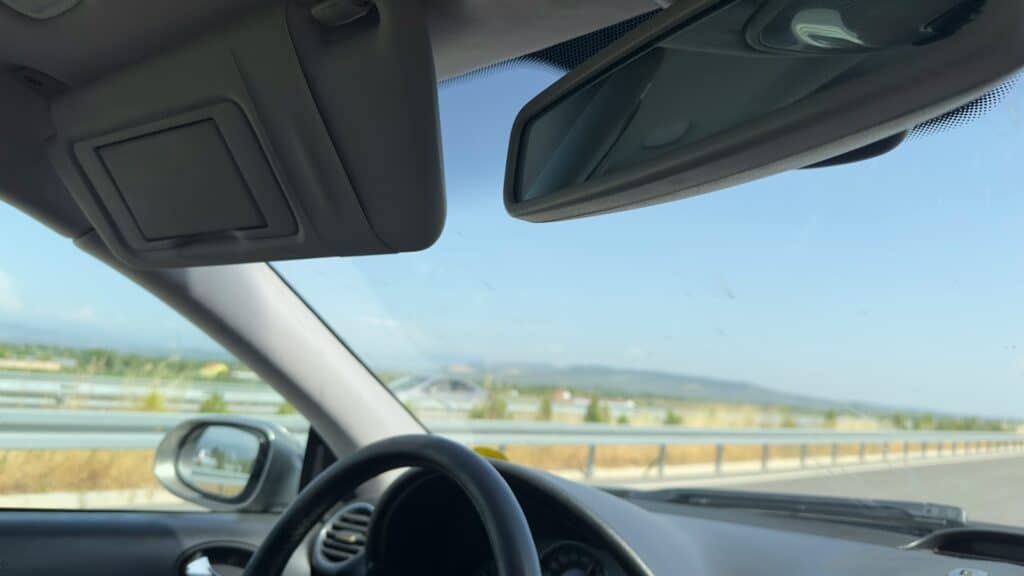As temperatures continue to rise across the UK we’ll be navigating commuting and working in the sunny weather. Some UK workers may be wondering what legal protections exist for dealing with extreme heat. While the UK does not have a legally defined maximum workplace temperature, there are some surprising laws and regulations that affect employees during hot weather.
UK and Ireland office brokers Click Offices have come up with guidance on what the law states in relation to working and commuting during warm weather. Take a look at their advice below:
- Employees are allowed to wear different clothing to adapt to warmer weather
Uniforms and dress codes can be a contentious point across managers and staff, making how to dress for a heat a tricky subject to navigate. Under Health and Safety Executive (HSE) guidance, employers are encouraged to adjust workplace conditions during extreme temperatures, which can include relaxing formal dress codes where appropriate. However, for workers in construction, healthcare and other high-risk environments, PPE must still be worn as required by health and safety laws.
- Pregnant workers can’t be made to work in hot conditions
Under UK health and safety laws, employers must conduct risk assessments for pregnant employees, including considerations for extreme heat. If a workplace cannot provide a safe environment, the employer may be required to suspend the worker on full pay until conditions improve.
- Heatwaves can justify absence – but you don’t have to be paid
Whilst you do not have to attend work if the weather makes it unsafe, you have no automatic right to paid leave due to extreme weather. However, employers are encouraged to take a flexible approach, offering options such as remote work or adjusted hours to accommodate days where the weather impacts your ability to work.


- There is no law dictating when it is too hot to work
Unlike some countries, the UK does not enforce a maximum temperature limit for workplaces. However, under the Health and Safety at Work Act 1974, employers must ensure that working conditions do not pose a risk to employees’ health. If temperatures become dangerously high, businesses are expected to take action, though what constitutes reasonable action is left open to interpretation.
- Employees have the right to cold drinking water but not air con
When you’re required to work indoors, the heat can cause rising temperatures and dehydration. According to UK law, employers must provide drinking water under the Workplace (Health, Safety and Welfare) Regulations 1992, helping ensure workers stay hydrated on hot days. However, there is no legal requirement for businesses to install air conditioning, meaning employees must rely on fans or natural ventilation to keep cool.
- Employers have to do Heat Stress Risk Assessment by law
Under UK law, employers must conduct risk assessments for extreme temperatures, particularly in workplaces where heat stress is a concern. This applies to factories, kitchens, and outdoor work sites, where excessive heat can lead to dehydration and fatigue. These environments can be exceptionally affected during heat waves, where temperatures can rise to even higher levels.
- Driving to work in flip flops or sandals can land you a hefty fine
While not illegal, driving in unstructured sandals or in flip-flops during hot weather could be considered driving without due care and attention if it affects your ability to control the vehicle. If an accident occurs, you could be fined for improper footwear choices. Fines can vary, reaching £5,000 if they are taken to court.

- Having tinted sun strips on your car windscreen could be illegal
If you have tinted sun strips at the top of your windscreen it must not obstruct the driver’s view, according to law. If a sun strip is too large or dark, it could lead to a failed MOT test or fines for driving with an obstructed view. Fines start at £100, reaching as high as £1,000 if the case goes to court.
- Certain sunglasses are illegal to wear when driving
Whilst sunglasses can be hugely helpful to navigating your commute on sunnier days, not all sunglasses are legal for driving. Under UK law, Category 4 sunglasses, which have extremely dark lenses, are illegal for driving at any time because they block too much light. Even Category 3 sunglasses, which are common for bright sunlight, are not suitable for night driving. Wearing the wrong sunglasses can land you up to a £5,000 fine and even lead to a driving ban.
- You can face penalties for driving in the sun’s glare
We know sometimes you may be in a rush to get to work on time, however, if the sun causes glare that obstructs your vision, you could be fined for dangerous driving. The Highway Code advises drivers to slow down or stop if glare prevents them from seeing clearly. Failure to do so could result in fines or penalty points.


